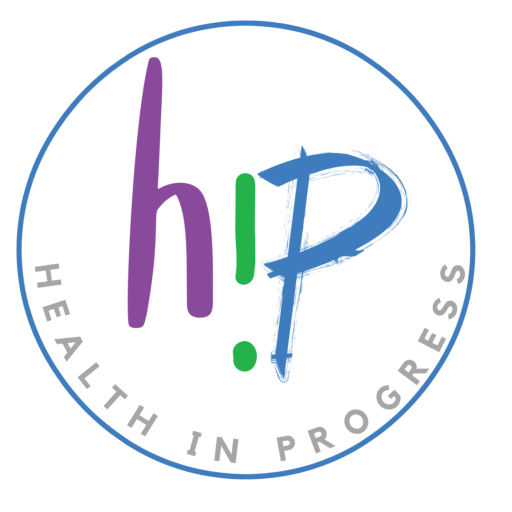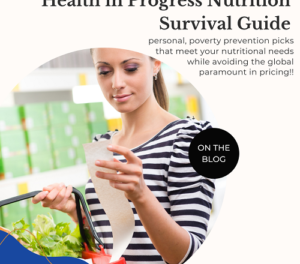[vc_row][vc_column][vc_column_text]
The Pandemic that isn’t talked About
[/vc_column_text][vc_column_text]When you hear the word “Pandemic”, most people immediately associate it with the most recent COVID-19 disease. They think about lockdowns and masks. Ventilators and vaccines are at the top of the list when we refer to pandemic.
But what about the pandemic that was happening before 2020? The one that affects one in every four people. It has taken over 70,000 lives in one year. And this pandemic is raging even harder now.
Opioid addiction
It affects so many people in so many towns, cities and even countries. I feel like everyone one has a story to tell when it comes to opioid addiction, whether it is personally or within their inner social circle. This pandemic has managed to destroy so many people’s lives since the 1990s. Yet, no one is talking about it.
I have watched people I love the most in the world completely transform under the use of opioids. I have seen the need for the high grow from prescription drugs to a drug as dangerous as heroin. I have lost people I love to this pandemic.
Mental Health
This is just my experience and I know some will argue that it is an excuse to use drugs, but the mentally ill are the most susceptible to the trap of opioid addictions. The euphoric feeling of all the weight of depression and anxiety being lifted off you is addicting. People who have dealt with so much trama in their lives are just searching for a way to feel better. Who wouldn’t want to feel better? Opioids are literally like a magic pill, only at a devastating cost.
The highs and lows of opioid addiction are far worse than the highs and lows of bipolar disorder. The withdrawal when you don’t have it can feel like your body is on fire from the inside out. But there is no one to warn you. You begin to think you can control this, but really that is the beginning of it controlling you. The dependency starts.
Now you know you have a problem. Bigger than your original problem that you used opioids to get relief from.
Getting Help
There are drugs out there that help detox. But they too have their negative side effects because, well it’s another pharmaceutical made by the same people who made the opioids.. And can take YEARS to wean off of. Then there are the drugs prescribed for mental health issues that only cause more fog. There is therapy for those that will go or can afford it.
But what about the outliers?
The ones that need help but are limited on their options due to finances, status, or location. Where do they turn?
Cannabinoid
Cannabis has become an increasingly popular topic surrounding pain management in the last few years. We have heard of cancer patients using it to relieve chemo symptoms. People with epilepsy have used it to help control seizures. Some people who deal with chronic pain from diseases such as fibromyalgia utilize cannabis just to feel normal. Now, with the legalization of cannabidiol (aka CBD) in many places, cannabis is being recognized for its beneficial properties.
In some studies, researchers have found that people who use opioids for chronic pain have been able to decrease their opioid use by more than 50% when using cannabis as a pain management treatment. Another benefit of cannabis use over opioids is less side effects or drug interactions. It has been found in some patients that with the use of cannabis, they can actually wean completely off of opioids and gain a better quality of life. So if this is true for the chronically ill, can the same treatment be applied to the opioid addicted?
Could the same tactics be used in helping those in recovery manage withdrawal symptoms?
In some research, it has been found that patients in detox programs that use drugs such as Methadone or Suboxone can still experience severe withdrawals and cravings. But when cannabis is introduced, these symptoms and physical dependence are greatly reduced and even eliminated.
I’m not out here saying cannabis is a “miracle” drug that can cure all diseases and illnesses. I am a strong advocate for its use because I have seen first hand the benefits of it. I have had my own experience in it helping with my child’s seizures and my anxiety. When dealing with something as severe as opiod addiction, having an alternative treatment that has less risk can be the difference between relapse and recovery for so many people.
What are opioids exactly?
Opioids such as fentanyl, morphine, oxycodone and hydromorphone are medications that can help relieve pain. They affect your mind, mood, and mental processes, so you can experience euphoria, or feeling “high”, which can lead to them being used improperly.
How to get help?
Numerous health and social services are available that can include non-medical therapies. Find out what resources are available in your province.
For recent studies on cannabis and opioid replacement, visit here Frequent Cannabis Use and Cessation of Injection of Opioids, Vancouver, Canada, 2005–2018[/vc_column_text][/vc_column][/vc_row]











Recent Comments